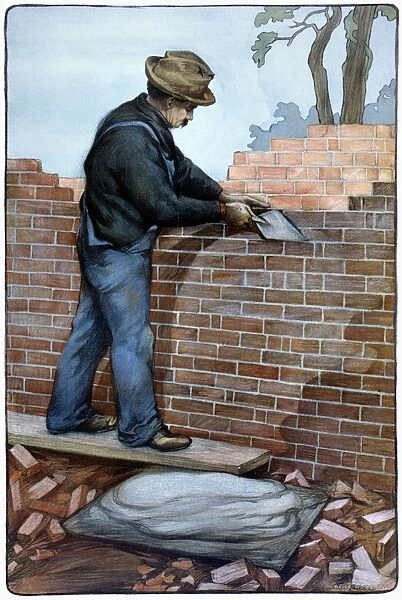International Building Code | Chapter 27 Masonry
Founded in 1904 in Farmington Hills, Michigan, the ACI has the most widely adopted catalog of consensus-based standards for design, construction, educational programs, certification programs, and proven expertise for individuals and organizations involved in concrete design, construction, and materials, who share a commitment to pursuing the best use of concrete — the most widely used construction material in the world.
Q. How is brickwork different from masonry? A. Brickwork and masonry are related terms in construction, but they are not exactly the same.
Q. What is the difference between cement and concrete? A. Cement and concrete are two different materials, although they are often used together in construction projects. Cement is a powdery substance that is used as a binder in building materials, while concrete is a composite material made up of cement, water, and aggregates (such as sand, gravel, or crushed stone).
Cement is produced by grinding clinker (a mixture of raw materials such as limestone, clay, and iron ore) with gypsum and other additives, to produce a fine powder. This powder is then mixed with water to create a paste that can be used to bind building materials together, such as bricks or blocks, or to create mortars and grouts for masonry work.
Concrete, on the other hand, is a mixture of cement, water, and aggregates. The aggregates are typically added to provide strength and bulk to the concrete. The type and size of aggregates used can vary depending on the desired strength, texture, and other properties of the concrete.
Q. What skill standards are required of certified practitioners? A. Concrete work requires knowledge of materials, tools, techniques, safety practices, and local building codes. The specific skill standards may vary depending on the scope and complexity of the concrete work, as well as the location and applicable regulations. Some of the common skills and knowledge required for managing or installing concrete include:
- Knowledge of materials: Understanding the properties of cement, aggregates, admixtures, and other materials used in concrete, as well as their interactions and effects on the final product.
- Ability to read plans and specifications: Being able to interpret blueprints, drawings, and other project documents to understand the scope of work, the required concrete mix design, and any special requirements or constraints.
- Concrete mixing and placement techniques: Knowing how to properly mix concrete ingredients, and how to place and finish concrete using various techniques and tools, such as screeds, trowels, and floats.
- Safety practices: Understanding and following proper safety practices when working with concrete, such as wearing personal protective equipment (PPE), using proper lifting techniques, and ensuring proper ventilation.
- Knowledge of local building codes: Being familiar with local building codes and regulations related to concrete work, such as minimum thickness and strength requirements, reinforcement specifications, and other standards.
Q. What other organizations are involved in standards setting in this domain? A. There are several organizations that develop standards for concrete construction. These standards are used to ensure that concrete structures are safe, durable, and meet the requirements of building codes and regulations.
- ASTM International: ASTM International is a global organization that develops and publishes technical standards for a wide range of materials, products, systems, and services. ASTM has published many standards related to concrete materials and construction, including specifications for concrete mix design, testing methods for concrete strength and durability, and guidelines for concrete repair and maintenance.
- National Ready Mixed Concrete Association (NRMCA): The NRMCA is a trade association that represents producers of ready-mixed concrete and provides education and resources on the use of ready-mixed concrete. The NRMCA develops standards and guidelines related to concrete mix design, quality control, and sustainability.
- International Concrete Repair Institute (ICRI): The ICRI is a professional association that focuses on concrete repair and restoration. The ICRI develops standards and guidelines for concrete repair and maintenance, including guidelines for surface preparation, repair materials, and application techniques.










